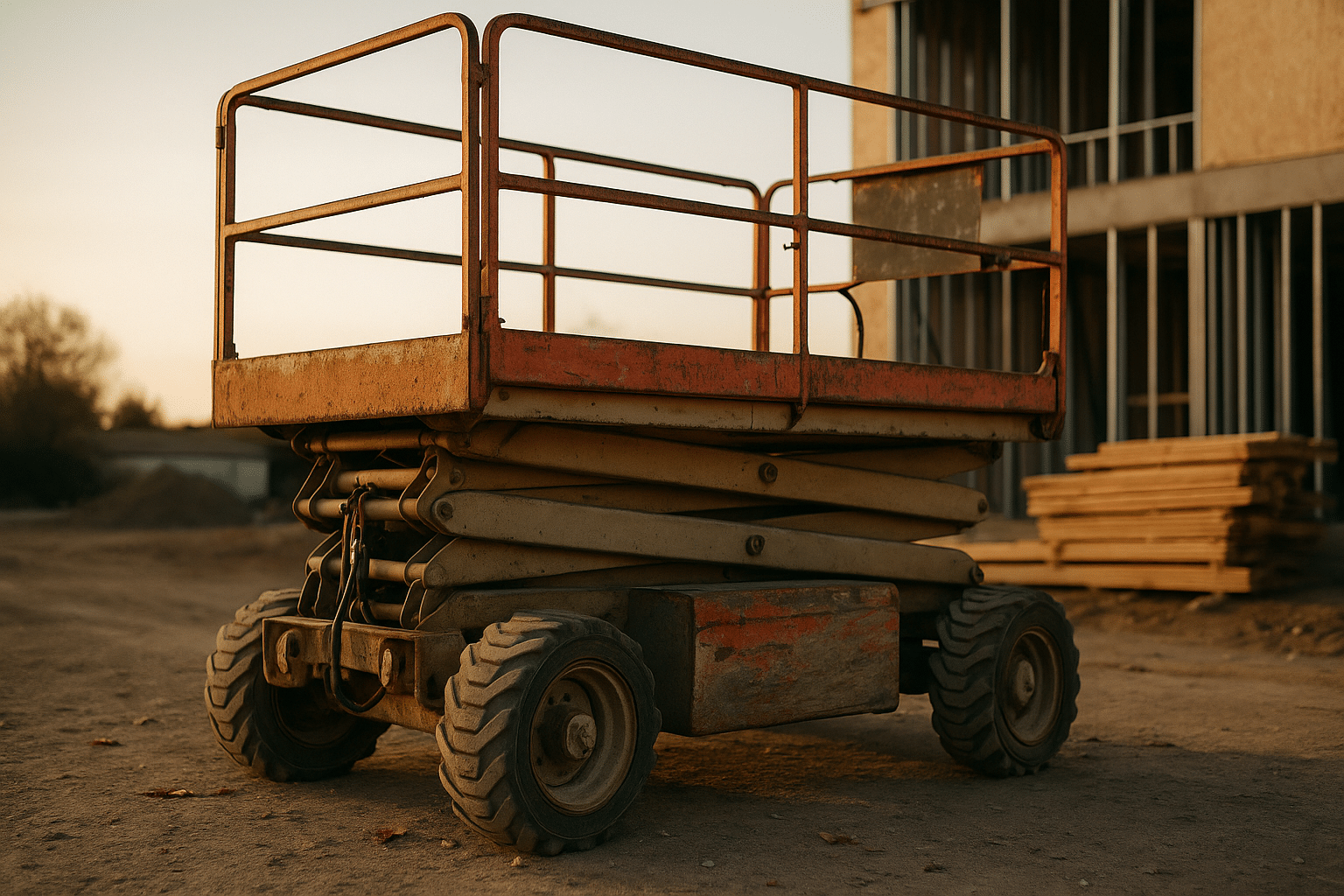
Exploring the World of Wooden Pallets: Versatility and Sustainability
Introduction to Wooden Pallets
Wooden pallets are an integral component of modern logistics and material handling. They serve as a fundamental element in the transportation and storage of goods, facilitating the efficient movement of products across various industries. Wooden pallets are praised for their versatility and sustainability, making them a preferred choice for companies looking to optimize their supply chain management. In this article, we explore the various aspects of wooden pallets, from their construction and uses to their environmental impact and potential for recycling and reuse.
The Construction and Types of Wooden Pallets
Wooden pallets are typically constructed from hardwoods or softwoods, depending on the intended use and load requirements. The design of a pallet is crucial, as it determines its strength and durability. Common types of wooden pallets include the stringer pallet and the block pallet. Stringer pallets use two-way entry, while block pallets offer four-way entry, providing greater flexibility in handling.
Each type of wooden pallet has its unique advantages. For instance, stringer pallets are often lighter and more cost-effective, making them ideal for lighter loads. On the other hand, block pallets are more robust and suitable for heavier goods, thanks to their additional support blocks. The choice between these types often depends on the specific needs of a business and the nature of the goods being transported.
Applications and Benefits of Wooden Pallets
Wooden pallets are utilized in a wide range of industries, from agriculture and manufacturing to retail and distribution. Their primary function is to provide a stable base for stacking and transporting goods, ensuring that products remain secure during transit. This stability reduces the risk of damage and loss, which is a critical consideration for businesses aiming to minimize costs and maximize efficiency.
Beyond their practical applications, wooden pallets offer several benefits. They are cost-effective compared to alternatives like plastic or metal pallets, and they can often be repaired or recycled, extending their lifespan. Additionally, wooden pallets are known for their exceptional strength-to-weight ratio, providing reliable support for heavy loads without adding unnecessary weight.
Environmental Impact and Sustainability
One of the most significant advantages of wooden pallets is their sustainability. Made from a renewable resource, they have a lower environmental impact compared to non-biodegradable materials like plastic. The production process for wooden pallets also tends to be less energy-intensive, further contributing to their eco-friendly profile.
After their initial use, wooden pallets can be recycled or repurposed in various ways. They can be repaired and reused, reducing the need for new pallets and conserving resources. Alternatively, they can be dismantled, with the wood being used for other purposes, such as furniture or construction materials. This circular lifecycle helps minimize waste and supports sustainable business practices.
Challenges and Future Trends
Despite their advantages, wooden pallets face certain challenges. One issue is the potential for pest infestation, which can hinder international shipping. To address this, many countries require wooden pallets to be heat-treated or fumigated to eliminate pests. Additionally, wooden pallets can absorb moisture, which may lead to fungal growth if not properly managed.
Looking to the future, there are several trends that could shape the use of wooden pallets. The move towards more sustainable practices is likely to increase demand for pallets made from certified sustainable wood sources. Furthermore, technological advancements, such as the integration of tracking systems, could enhance the functionality of wooden pallets, providing real-time data on location and condition.
Conclusion: The Enduring Relevance of Wooden Pallets
Wooden pallets remain a cornerstone of the logistics and transportation industry due to their versatility, cost-effectiveness, and sustainability. As businesses continue to seek efficient and environmentally friendly solutions, the role of wooden pallets is likely to grow. By understanding their construction, applications, and environmental benefits, companies can make informed decisions that support both their operational needs and sustainability goals.
In conclusion, wooden pallets offer a practical and eco-friendly solution for material handling, with a promising future shaped by innovation and a commitment to sustainability.


